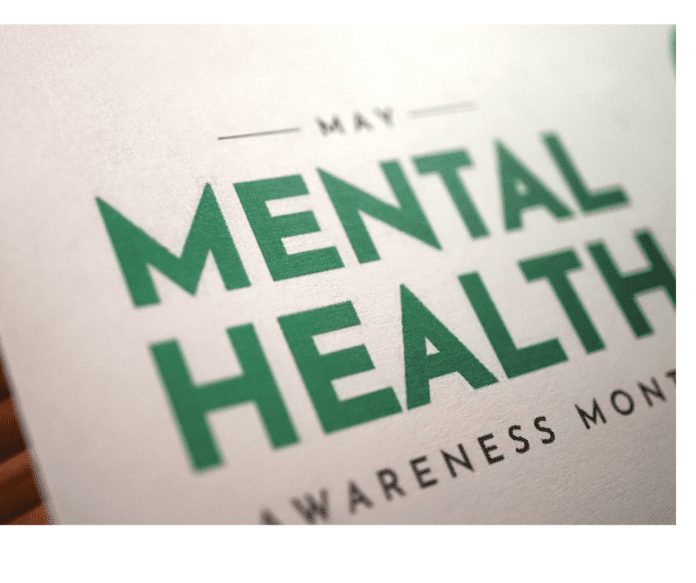By Pastor Dean Rudloff,
The Lake County Mental Health Task Force, The North Shore Mental Health Group
While mental health is of year-round importance, Mental Health Awareness Month provides a dedicated time for people, organizations, and communities to join their voices to broadcast a message of mental well-being. This week’s message from The Lake County Local Mental Health Task Force and The North Shore Mental Health Group focuses on Mental Health Support.
If someone you know is struggling emotionally or having a hard time, you can be the difference in getting them the help they need. Support leads to greater mental wellness by:
- Building connection -which is an antidote to stress;
- Creating increased vulnerability with someone else -which strengthens a bond;
- Fostering the feeling that you are not alone; and
- Providing a space to gain perspective on the difficulty you’re experiencing.
Support starts with being an active listener. This is more than hearing what someone has to say. It is being present with them and asking open-ended questions to get more details about what they are experiencing.
It is also important to not judge but rather put your personal opinions and biases aside. We often feel that we need to find a solution to what they are experiencing, but that may not be what they want. It is important to ask what you can do to support them, processing what they are going through, and letting them know that you are there to walk alongside them. This can be powerful.
If you have offered your support to someone and told them you would do something, keep your word. The last thing they need is to feel abandoned by someone else.
Offering support is one of the best things we can do to get them through difficult times. However, it can sometimes feel uncomfortable, daunting, or just plain awkward. The Roadmap to Friends Supporting Friends ( https://www. thementalhealthcoalition.org/friends-supporting-friends-visible) shares good ideas on what support can look like, how to offer support, and where to begin.
If having conversations around mental health feels uncomfortable. Go to: https://seizetheawkward.org/conversation/starting-the-conversation ) to help you start the conversation and learn what to do during and after the conversation.
If someone you know is struggling emotionally or having a hard time, you can be the difference in getting them the help they need. If you notice that someone is behaving differently or seeming distressed, do not be afraid to ask your friend or loved one if they are struggling or having thoughts about suicide. Talking openly about mental health and suicide can help create an honest conversation and connection. And remember that the 988 Suicide & Crisis Lifeline (https://988lifeline.org/help-someone-else/ ) is a life line that also offers resources on what to look for regarding suicide and suicide prevention.
Throughout the month of May the Minnesota Department of Health has provided training for you to participate in to help others who may be experiencing life challenges or suicidal experiences. On May 22 at 11 a.m. go to: https://www.eventbrite.com/e/the-role-of-naturalhelpers-tickets-601656700387 to learn more about the Role of Natural Helpers. Natural Helpers act as listeners to their peers through building listening skills and confidence so that they may connect vulnerable peers to trusted adults, or other appropriate resources. With an increased need for mental health services, natural helpers can provide support and skill building for at-risk groups and enhanced accessible crisis services and referral sources. This session will help build confidence in connecting individuals at risk to the appropriate resources.




